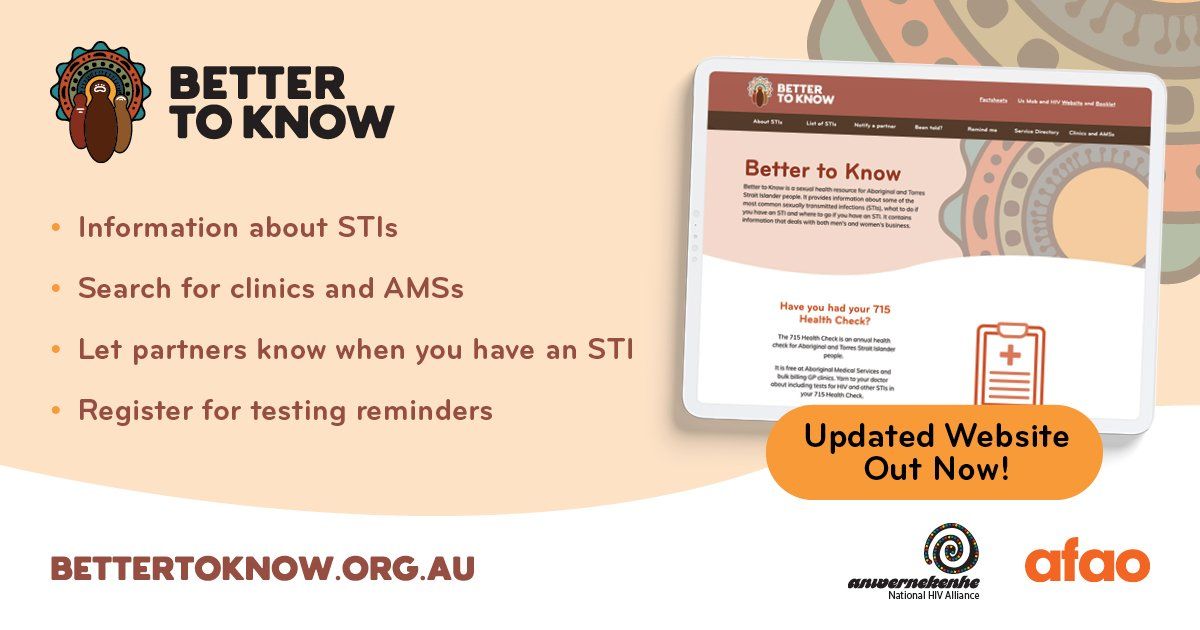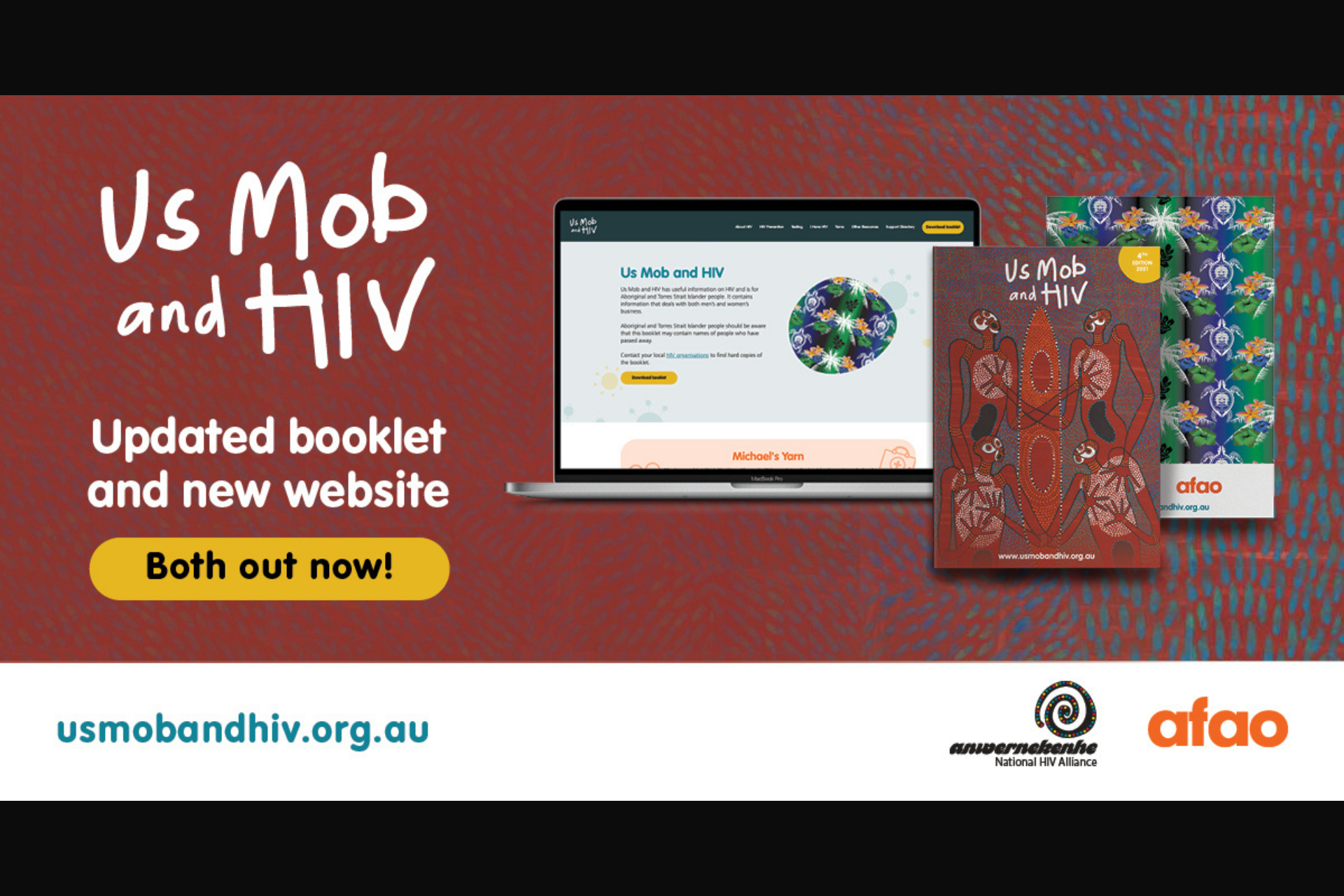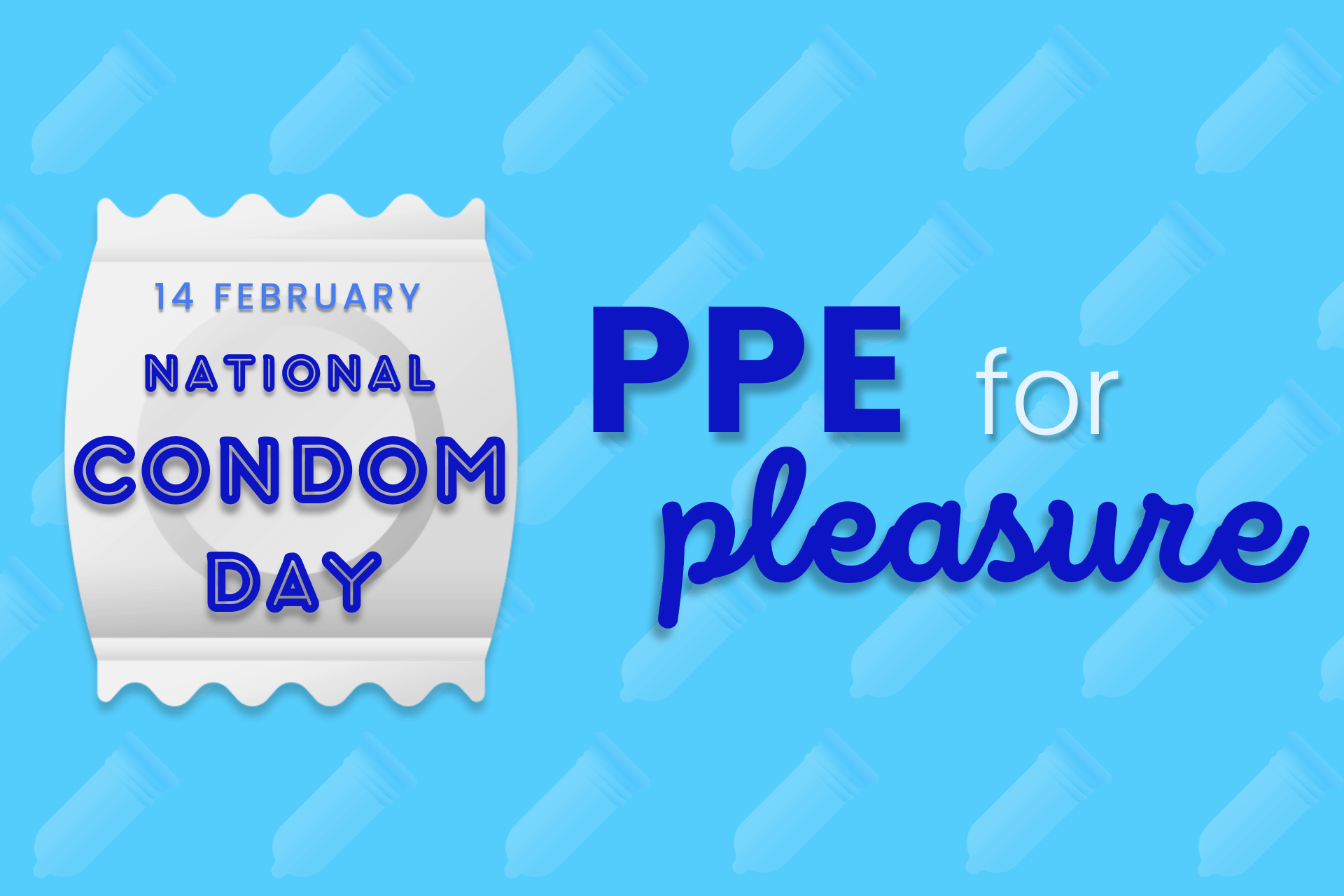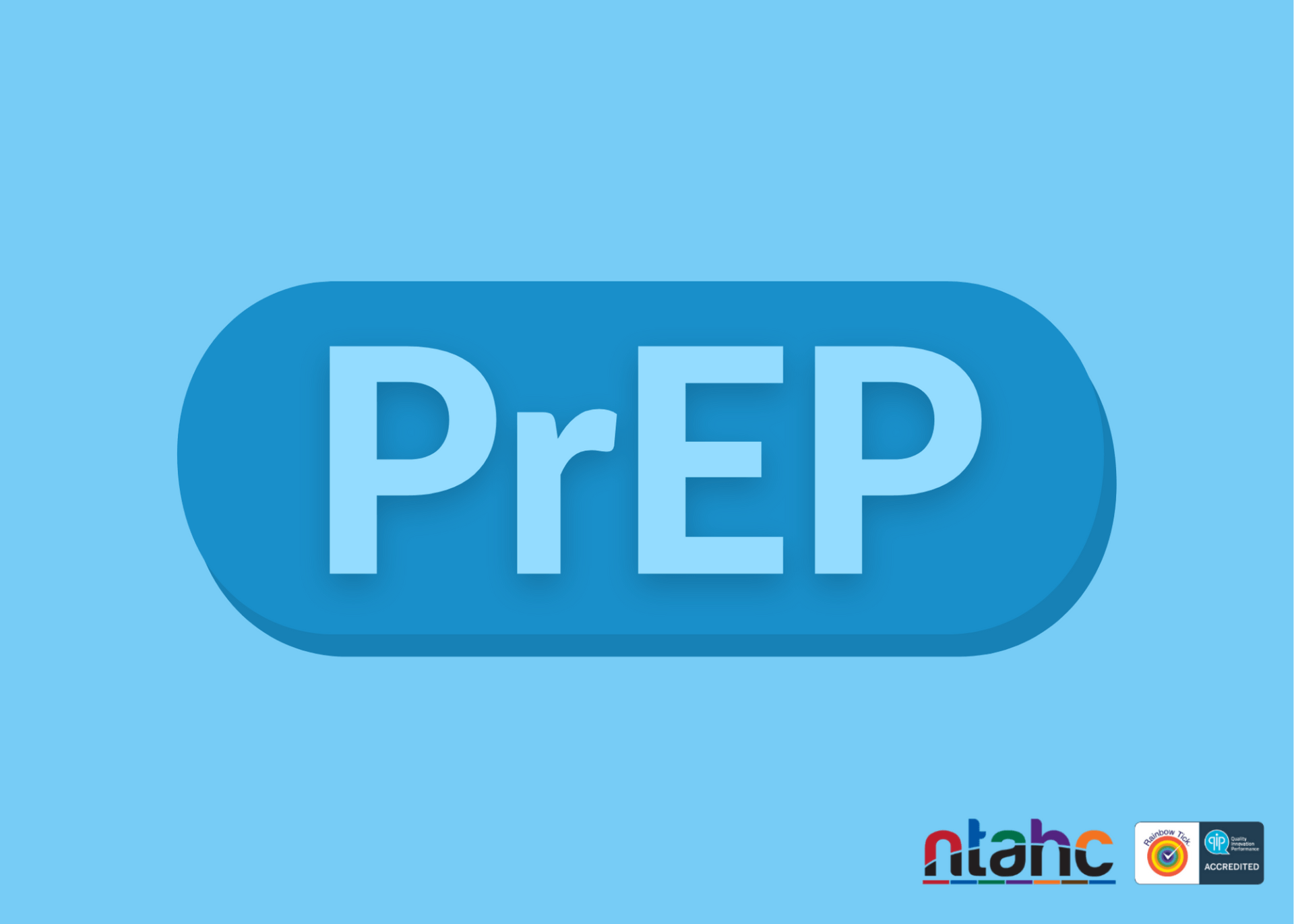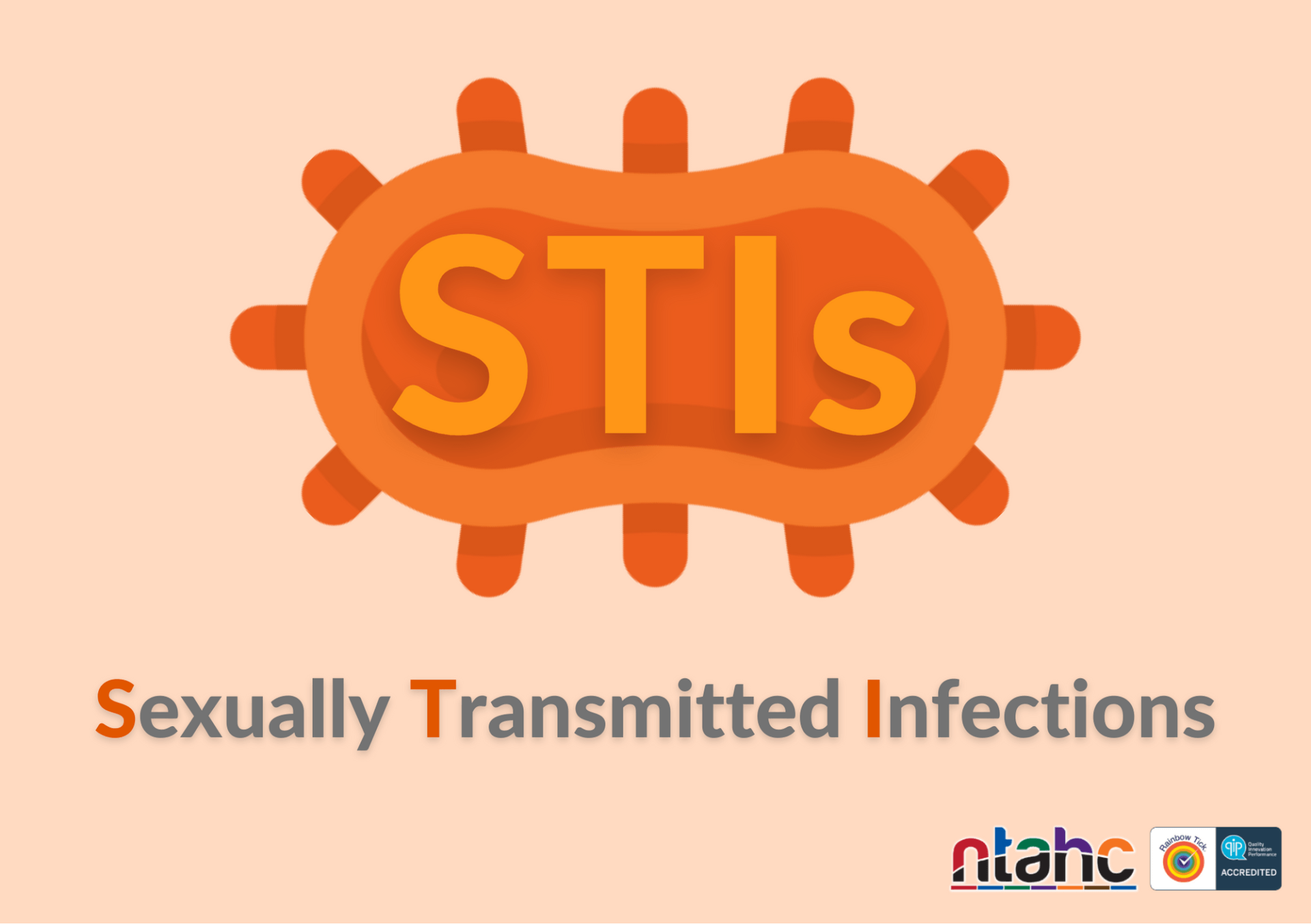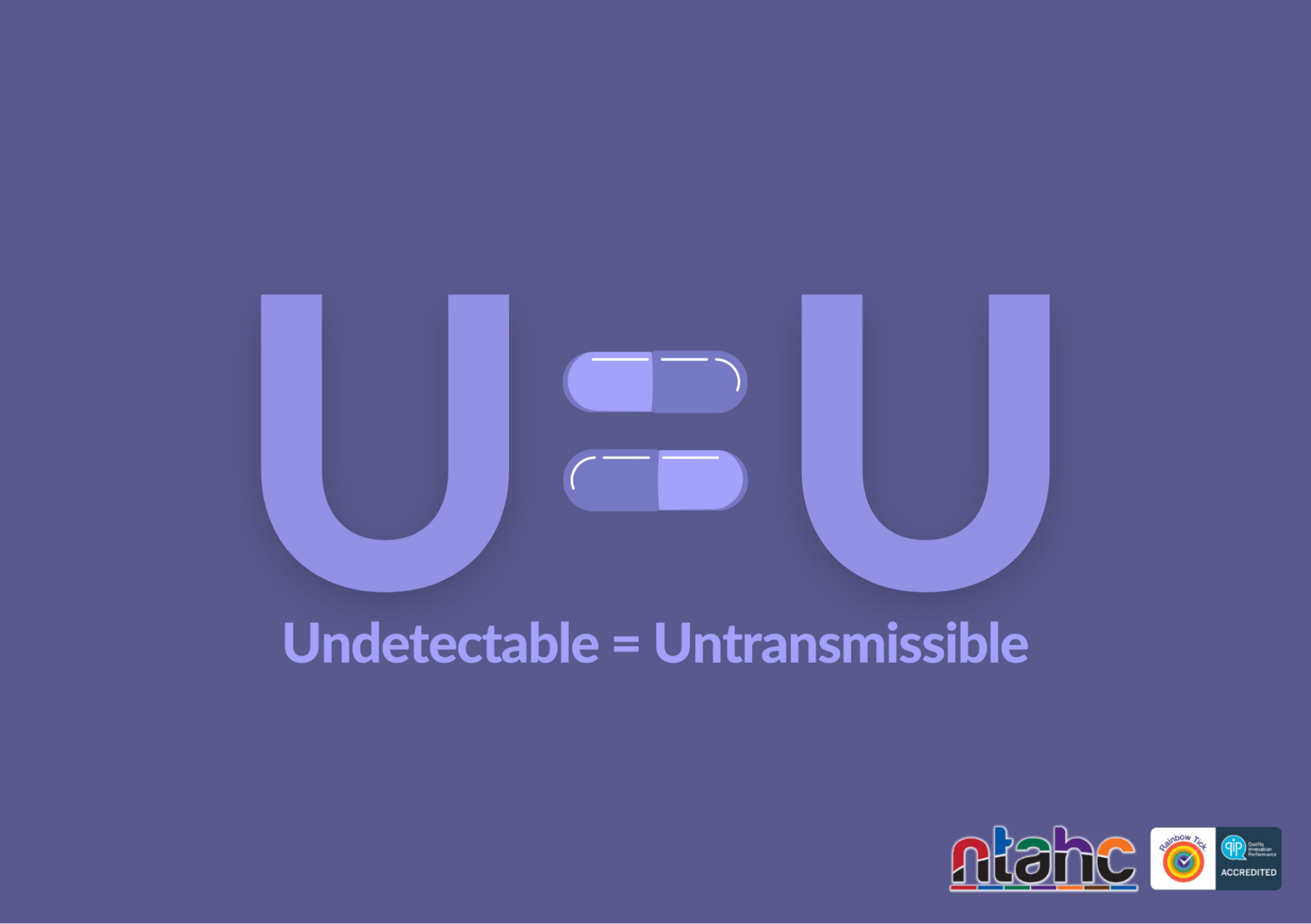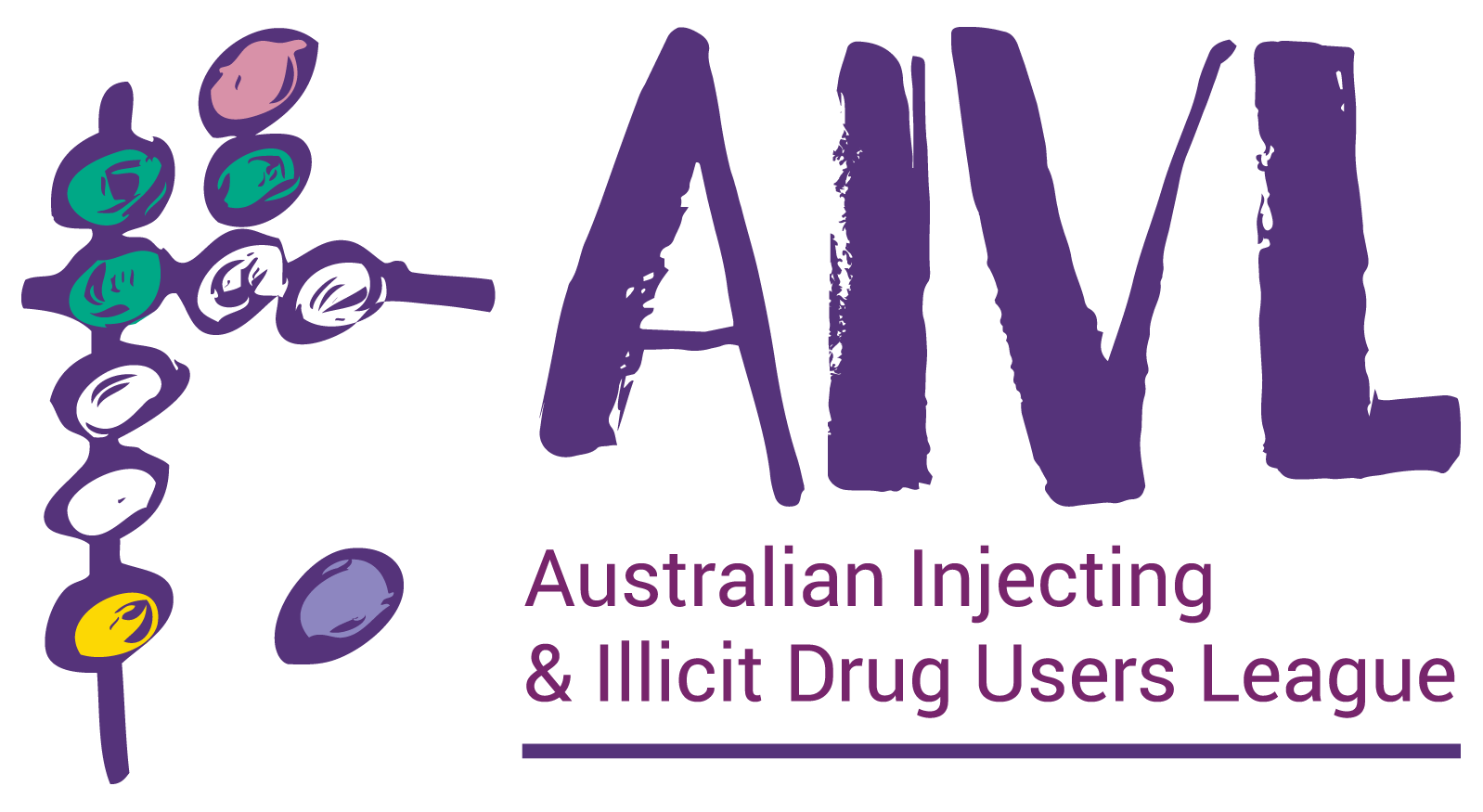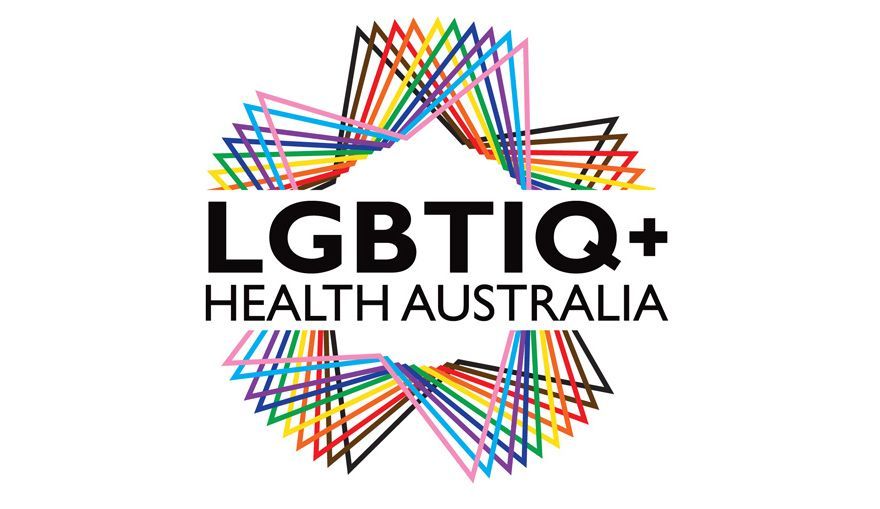It's important that you consider how a person might react when telling them you have HIV or Hepatitis. There is still a large degree of stigma and discrimination in the community around Blood Borne Viruses. The most important thing to remember is you can live a long and healthy life on treatments. The following information informs you of your legal rights.
Disclosure: Generally you do not have to tell people you have HIV however there are limited exceptions to this rule.
Personal Relationships
In some states public health law says you must tell prospective sexual partners that you have HIV before you have sex unless you take reasonable precautions to prevent transmission (for example, using condoms). There have been a small number of criminal prosecutions for HIV exposure or transmission. It is difficult to generalise about these cases but it is important to note that all have relied on the fact that the person with HIV did not disclosure their HIV-positive status before sex. There have been no criminal prosecutions where a condom has been used during sex, whether or not the person with HIV disclosed their status.
Telling Sexual Partners
If you test positive for HIV or an STI it is important that you tell people that you may have exposed so that they can get tested and treated if necessary. You can send an anonymous text or email to others you may have placed at risk.
In Other Aspects of Life
In some cases you are obliged to disclose your HIV status.
Work - You are not required to disclose your HIV status in most work environments although there are a few exceptions. Doctors, nurses and dentist who perform exposure prone procedures are required to know and disclose their BBV status. Everyone who applies to join the Australian Defence Force (ADF) is tested for HIV and if found to be HIV positive, will not be allowed to join. The ADF also regularly undertakes HIV testing of it's personnel.
Insurance - You have a legal obligation to disclose all relevant information when applying for insurance. if you decide to take out a new insurance policy such as life insurance, income protection, or death and disability insurance, you will need to disclose your BBV positive status, the insurance company won't pay out when you make a claim. When you disclose your BBV status, some companies may refuse to insure you while others will charge higher premiums. As BBV treatments have improved, the range of insurance options has also improved, so it is worth shopping around to find the best deal.
Superannuation - You do not need to disclose your BBV status to your superannuation fund, however, if you become ill or experience serious financial hardship, you may be able to access some or all of your superannuation early. This will normally require disclosure of your status and other health information. If you intend to access your superannuation early it is important to seek independent advise as your application must satisfy very strict criteria. Superannuation funds often include a 'default' insurance cover, which means you are automatically insured unless you opt out. This can be a good option for people with a BBV as it does not require any disclosure unless you want to make a claim.
Immigration - The Department of Immigration requires anyone applying for a permanent residency to provide the results of an HIV test.
Donating Blood - The law states that people with HIV cannot donate blood, semen, ova or other body tissues.
Oversea's Travel - For many people with HIV. travel is a regular part of life, whether for work, study or pleasure. In most cases, HIV is not a barrier to travel and holidays. To avoid problems, it is usually best not disclose your Status unnecessarily- not to other travelers, to customs or immigration officials, or to work colleagues. HIV continues to be heavily stigmatised in many countries, and your HIV status is not their business.
Discrimination
Discrimination on the basis of BBV status is unlawful across Australia. Laws cover people with BBVs, people believed to have a BBV, and people who associate with people how have a BBV. Although these laws do not extend into personal life, they do cover the areas of work, accommodation, education, access to premises, clubs and sport and the provision of goods, facilities, services and land. If you believe you have experienced discrimination based on your BBV status, contact us and we can talk through your experience and discuss whether you should contact the anti-discrimination agency.
Contact Tracing
Drama Down Under (Gay men)
DDU-SMS
DDU EMAIL
Better to Know (Indigenous)
BETTER TO KNOW SMS
BETTER TO KNOW EMAIL

